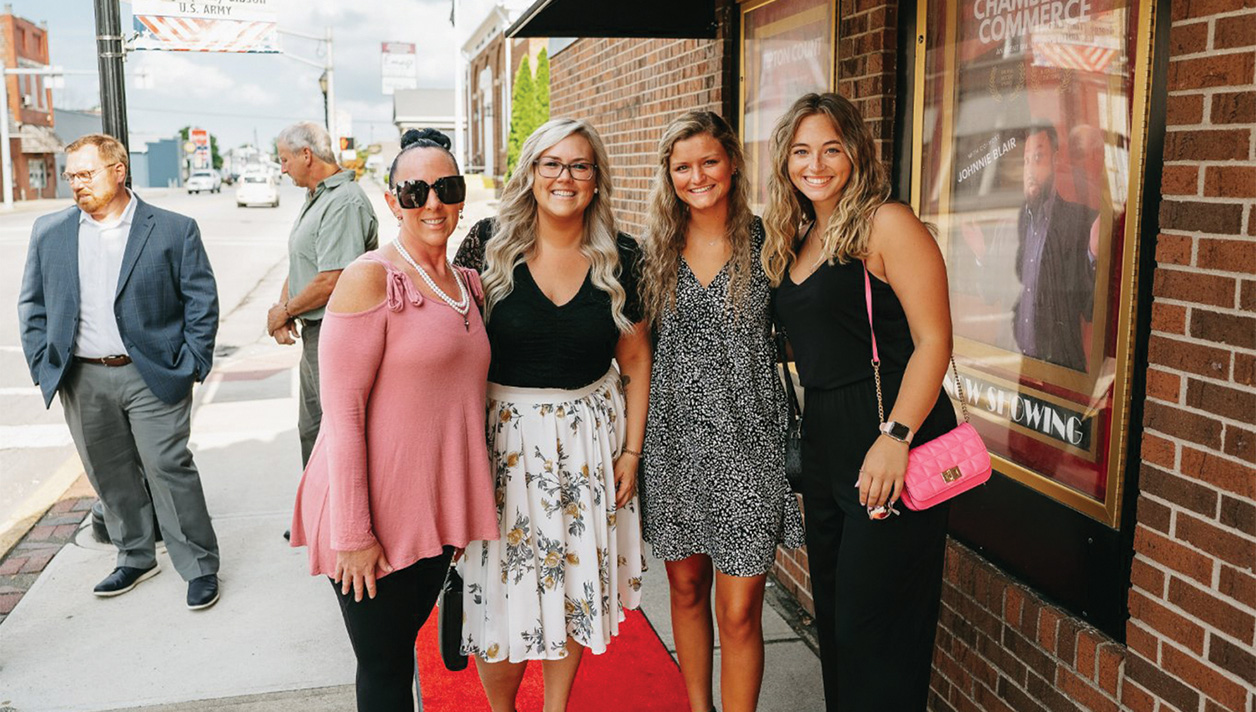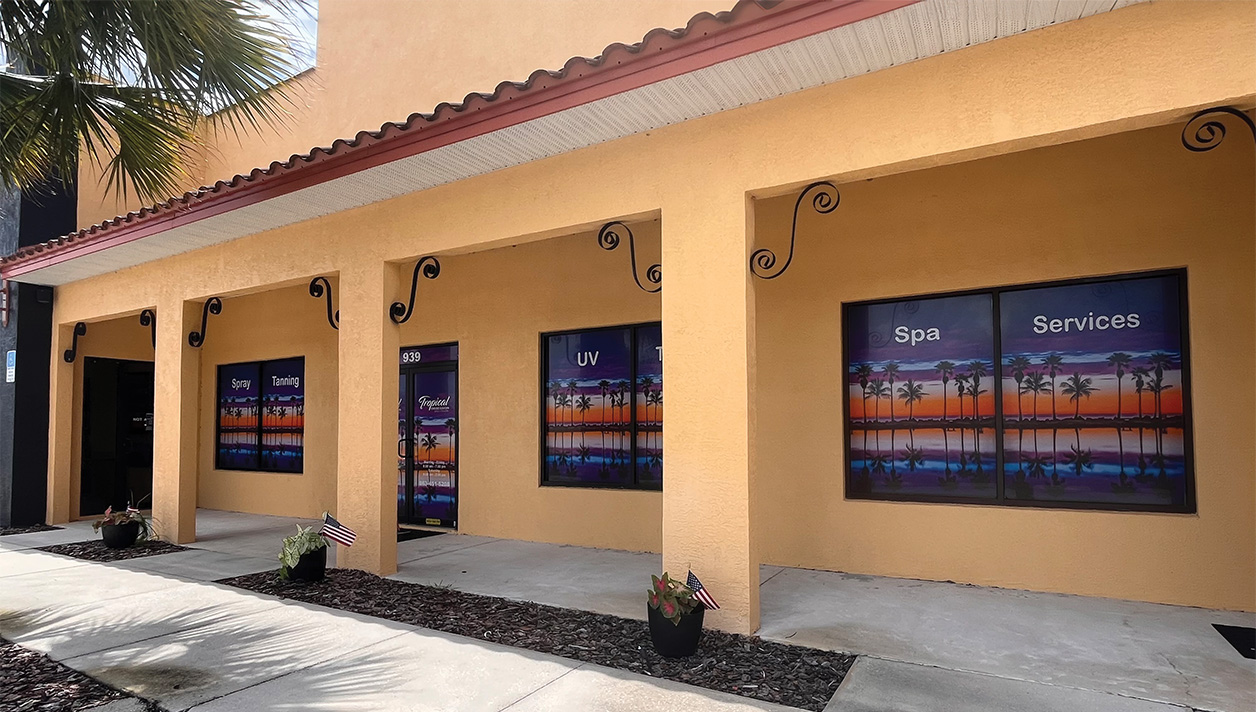It’s not surprising news: many tanning facilities have been shut down (and some permanently closed) as a result of COVID regulations and restrictions. The year 2020 has been a devastating year for many in this business, yet we are quite resilient. As the tanning industry moves into our 5th decade, we have weathered the storms and many seemingly uphill battles. However, many states have tremendous and sometimes overreaching restrictive COVID measures that impact small businesses like ours. Recently, the multi-state 80-salon Zoom Tan chain won a lawsuit challenging New York’s “Orange Zone” cluster shutdown. With locations throughout New York (as well as Florida), this “draconian” measure would have been a huge constraint on their NY locations. We interviewed Zoom Tan’s attorney, Terrence M. Connors.[gap height=”15″]
“Our industry has suffered over the years due to over reaching policies and regulatory actions. I felt compelled to act on the orange zone listing of our New York salons. Hopefully, it may pave the way for other salons to move forward, as well.”
Tony Toepfer, CEO, Zoom Tan
IST: What is an “Orange Zone shutdown” and why were Zoom Tan facilities included? Once placed there, what was the basis of your appeal?[gap height=”15″]
Connors: Governor Andrew Cuomo issued a directive declaring that Zoom Tan was a personal care service and must be closed because it created a higher risk for spread of the coronavirus. We challenged the designation of Zoom Tan as a personal care service in the Orange Zone (mandatory closure) and we also challenged the assertion that Zoom Tan created a higher risk for COVID spread. Supreme Court Justice Diane Devlin agreed with us on both points and found the directive to be arbitrary, capricious, and that Zoom Tan did not endanger the public health and safety of the community. [gap height=”15″]
IST: The media first reported on this in late November. Subsequent reports surfaced with news that Zoom Tan’s lawsuit challenging the shutdown was successful. That seemed like a fairly timely response in short order. Is that the norm with this type of case? Or was there a move that stimulated the quick action?[gap height=”15″]
Connors: We brought the case on an expedited basis with an Order to Show Cause served on the Governor and respective Boards of Health. We had oral argument, briefing, and a decision within 30 days. Our affidavit evidence established that Zoom Tan provided a non-contact retail opportunity for its customers that was safe and actually promoted health through the distribution of vitamin D via UV rays.[gap height=”15″]
IST: With the COVID vaccine now being distributed, 2021 will, hopefully, mark a return to normal with restaurants, sporting venues, movie theaters and other small businesses reopening. However, we could still be far from that time and date. Do you think that your success in this issue may be used as a template by businesses in other states that have been negatively impacted by coronavirus shutdowns?[gap height=”15″]
Connors: Yes, our decision provides a template for raising constitutional challenges to arbitrary government action.[gap height=”15″]
“Even though the government has extraordinary powers during a pandemic, they cannot cast aside the Constitution and deprive individuals of the fundamental right to earn a living.”
Terrence M. Connors, Esq.
IST: What lessons could you share with other salon operators?[gap height=”15″]
Connors: Do not simply give up your constitutional rights because the government issues a directive. Challenge the basis for government action and require the government to justify attempts to constrain your rights and privileges.[gap height=”15″]





























